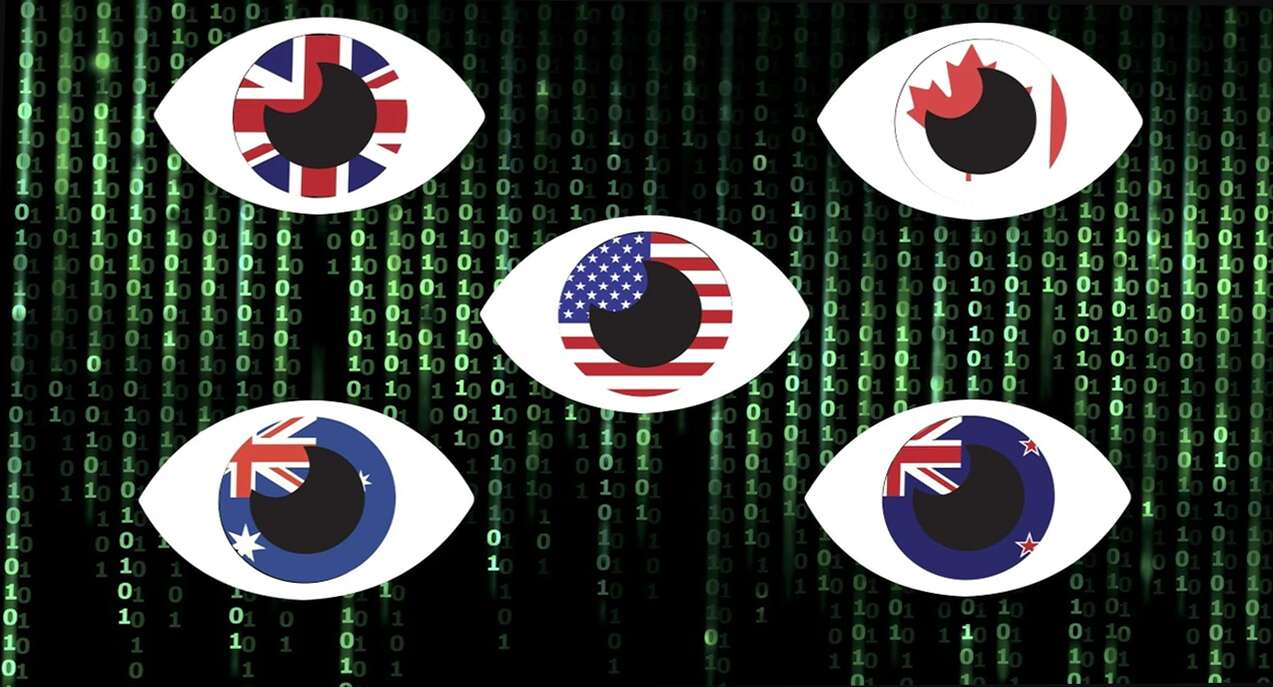
MANSOOR HAMZA. geographer- poet – Teacher
On Friday, 17 September 2021, New Zealand Cricket (NZC) team refused to leave their hotel rooms due to some security threat. The NZC head, in his initial statement, informed that due to a “direct and imminent” security threat it was impossible for the board to continue the tour, cited as the “only responsible option”. It raised objections over the security arrangements that were made for the visiting team. The Prime Minister of Pakistan Imran Khan talked to the Kiwi counterpart to take her into the confidence that the visiting team was secure and safe in the state-level security. The delayed match was eventually canceled and a charter plane landed the next day to take players home. No threat information was shared with Pakistani security forces and intelligence agencies. It was assumed that the UK high commission shared security information with the New Zealand Government, the allegation that was promptly denied by the British High Commission. But, the denial proved false when it became clear that the information was shared by the Five Eyes Alliance.
A cricket series between two countries includes more than one cricket match. It takes huge financial resources, manpower, and logistic arrangement to make a tour happen. After the attack on Srilankan Cricket Team in 2009, it was much harder for Pakistan to make proper arrangements for a cricket series. It took lots of diplomatic and goodwill efforts to bring cricket back home. Unfortunate, cricket lovers in Pakistan and Pakistanis all over the world suffered another blow to the international cricketing events at home.
The Kiwi Government’s decision to call off the tour was not a coincidence on political grounds. It is a hint at broader challenges which Pakistan might have to face in the future. But for analysis on recent developments, it is the pressure that is being exerted on Pakistan through different channels after Islamabad refused to provide bases and air space facilities to the United States. However, Pakistan has shown some respect to the US pressure during the 20th SCO Summit at Dushanbe. Prime Minister Imran Khan emphasized inclusive government in Afghanistan. He related global acceptance of the Taliban government to the fulfillment of promises made by them.
Unsettled Afghanistan is a security threat to Pakistan. Therefore, the role of leadership at diplomatic levels has been pivotal. Amnesty offered to Tehreek-i-Taliban Pakistan (TTP), talks with Tajik and Uzbek government to make settlements with Tajik and Uzbek clans in Afghanistan, and natural offer of joining the China-Pakistan Economic Corridor (CPEC) are some of the genuine efforts that are open to general information besides intelligence support that Pakistan has provided to prevent internal crisis in Afghanistan.
Naturally, in the current geopolitical setup of the region, the stability of the concerned players is uncertain. In such conditions, a tiny incident can stir up the whole diplomatic arena. The backing out of the NZC Team is an example. The event has damaged the soft image of the country completely in the sporting world. Besides, Pakistan Cricket Board has suffered a huge financial loss under the heads of arrangements that were made for this series. Moreover, it has drastically affected the possibility of international cricketing events in the country.
The mishap was programmed by the United States. It was impossible to breach foolproof security for any threat in Rawalpindi, the safest place in the country. A transit place where security forces of NATO nations are safe enough to stay, a security threat to the cricket team that is already secured by state-level arrangements, seems erratic.
The mystery revolves around ‘Five Eyes’; the intelligence alliance that comprises English-speaking countries the US, UK, Australia, Canada, and New Zealand. It is a signals intelligence protocol framed by UKUSA Agreement through Atlantic Charter 1941 and BRUSA Agreement 1943. It was officially enacted in 1946. Initially, it included the USA and UK but later Canada, Australia, and New Zealand joined in. It is a mechanism in which automatic sharing of intelligence information is done between the five eyes. The alliance also includes Germany, France, the Philippines, the Netherlands, and many other countries as associates that are not a part of the information-sharing mechanism.
In this mechanism, the information is produced by intercepting communications between people. The decoded information is shared in an automatic information mechanism that is accessible by the partner states. The information that may contain security threats, internally or externally, for partner states is made into an automatic alert for proactive security measures.
The Fives Eyes formerly known as the UKUSA Agreement is based on information sharing tradition between the two countries that was practiced during World War II. After its official enactment in 1946, it was joined by Canada in 1948, and a decade later Australia and New Zealand joined it in 1956. The mechanism played a pivotal role throughout the Cold War. It was a hidden mystery until the documents released by the UK Government Communications Headquarters GCHQ revealed the exchange of information between partner countries during the Cold War. The documents leaked by Edward Snowden also indicated that that the US National Security Agency (as a part of Five Eyes) took part in mass surveillance activities through interception of communication.
The alliance has remained the most successful espionage alliance since its inception. It monitored the movement of the Soviets during the cold war and now looks closely upon the activities of China in Mainland China, Taiwan, the South China Sea, and Hong Kong. It is instrumental for the US for lobbying against China such as revealing China’s treatment of its Uyghur Population in Xinjiang province, a military takeover of the South China Sea, and a dictatorial regime in Hong Kong.
New Zealand is a smaller contributor to the alliance. The information that is shared through the mechanism is mostly originated from Washington followed by the UK. It is less often that Canada and Australia put their share in the bucket. But the recent developments made by the Chinese have proven to be detrimental for the alliance. The soft expansion of Chinese investment and industry through bilateral and multilateral trade deals hugely affect the policies of the US allies towards China including New Zealand. The denouncement of Pakistan’s reputation was brought to the stage by New Zealand Government’s decision. The damage resulted from the Kiwi Government’s reliance on the shared intelligence mechanism. The event disclosed the fallouts of Pakistani intelligence. It demonstrated that Pakistan is a regional player in the context of a great game between the world powers. It is undenied fact that internal security and stability has much improved due to rigorous decision-making and collective efforts of security forces and agencies. However, handling international relations is not Islamabad’s cup of tea yet. While Pakistan’s intelligence agencies and security forces are busy handling regional affairs, big players cook something different.

